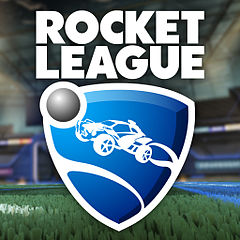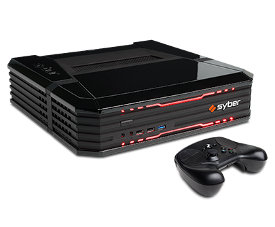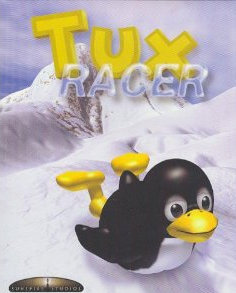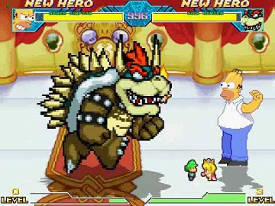Just in time for the holiday season comes some exciting gaming news. There’s good news, not-so-good news,and bad news this week.
The Good News: The wildly popular game Rocket League is expected to be playable on GNU/Linux soon. Rocket League is a multiplayer physics based Soccer game played with fast booster, rigged vehicles in place of athletes, and is the sequel to Supersonic Acrobatic Rocket-Powered Battle-Cars! Since its release last year for Playstation 4 and Windows, Rocket League has gathered a huge following, which has only increased the demand for a Linux version.
Anticipation has only been building since the SteamOS icon appeared briefly a few weeks ago on the Rocket League store, though to the disappointment of Steam users everywhere it isn’t ready for installation. The news was officially announced in August via Twitter that the game would soon makes its way to SteamOS/Mac after celebrating a million sales on Steam, and last week the news was broken by Steam forum moderator Volodesi that the game should be available before the end of the year. There’s no solid release date yet — the year’s end date isn’t official — but it sounds as if the release is in its final stages.
Hunter Banks has been a part of the Southern California Linux Expo (SCALE) Family for the past 13 years. When not writing about open source gaming, he’s working on creating his own games. Follow him on Twitter @SilvrChariot




 On September 3, Bitcoin Magazine’s Joseph Young
On September 3, Bitcoin Magazine’s Joseph Young 




